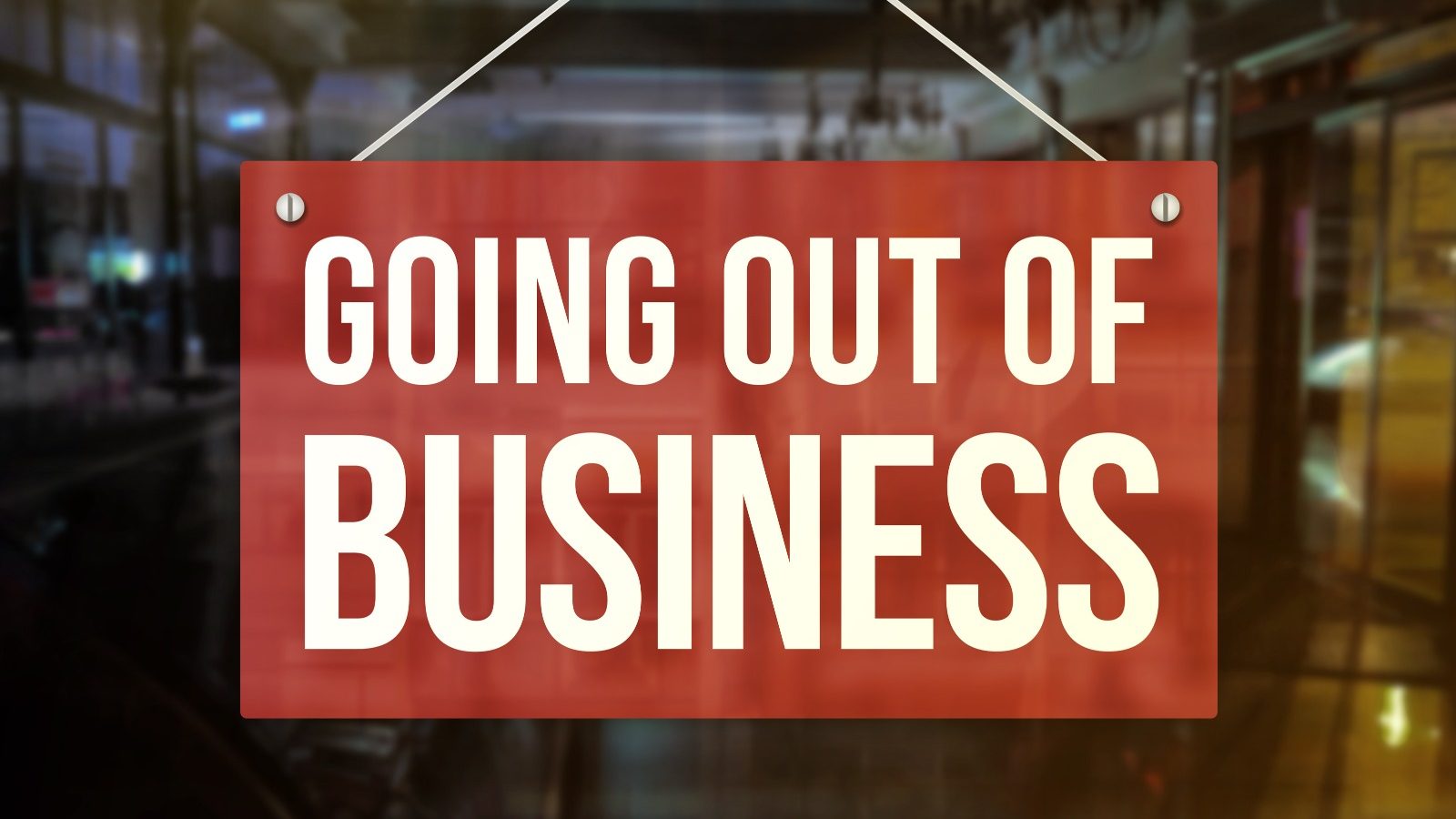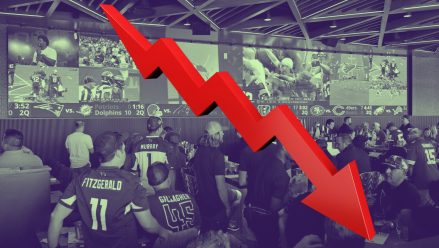Maryland Gov. Wes Moore on Tuesday became the third governor in two years to sign a sports betting tax increase into law. This one was tucked into a 199-page budget bill, and the rate of the increase is well below the massive hikes in Illinois and Ohio, where lawmakers at least doubled the initial tax rates.
But even those numbers pale in comparison to a think-tank proposal that considers raising the federal excise tax on handle from one quarter of one percent to 5%. States, with the exception of Tennessee, tax operators on a percentage of gross gaming revenue, a number that is a sliver of how much is wagered.
In real numbers, for every $100 bet, operators currently pay 25 cents to the federal government. If the excise tax rose to 5%, they would be paying $5 per $100 bet. That number would be on top of state taxes and fees.
Taxes rising all over
The proposal from the Bipartisan Policy Center “could easily kill the legal market for U.S. sports betting,” wrote Adam Hoffer and Jacob Macumber-Rosin last week for the Tax Foundation, a research organization on tax policy. It’s not only “poor tax design” but, more importantly to the wagering industry, “such a drastic tax increase on legal gambling would hinder or even reverse the recent trend of shifting consumers into safer, legal betting markets.”
Wagering operators have endured tax increases and changes to the tax structure in at least five states. The Maryland increase is from a 15% flat tax to 20%, which is below Moore’s increase to a 30% rate. In Illinois, Gov. JB Pritzker in 2024 suggested raising the tax rate from 15% to 35%. The legislature did even more, crafting a progressive scale that taxes the most successful operators at 40%. In 2023, just six months after wagering went live in Ohio, Gov. Mike DeWine pushed through a tax increase from 10% to 20%. This year, he tried to double the rate again to 40%, but the legislature balked.
Lawmakers in Louisiana and North Carolina are considering betting tax hikes, and one Ohio lawmaker filed a bill that would add a state tax on handle in addition to the current tax on gross gaming revenue (GGR).
And don’t forget these two changes: Tennessee lawmakers shifted from a tax on GGR to a tax on handle, which is more expensive for operators, in 2023, while the Colorado legislature recently decided to sunset promotional writeoffs.
Wait, how much?
The Bipartisan Policy Center’s suggestion to increase the excise tax by a factor of 20 would be the ultimate game changer. In their paper, Andrew Lautz and Frederick Hernandez wrote that it would be one way to offset tax cuts should the Trump Administration choose to extend the tax policies from the 2017 Tax Cuts and Jobs Act beyond the end of the year. Doing so, they wrote, will cost the federal government $4 trillion in the next decade. The think tank offered up the wagering excise tax increase as a way to mitigate that loss.
According to the Tax Foundation, the current excise tax netted the federal government $373 million in 2024. Twenty times that would be $7.46 billion. The number is staggering, but consider this: Since the Professional and Amateur Sports Protection Act (PASPA) was overturned in 2018, operators have taken in about $40 billion in gross gaming revenue. That’s about $5.7 billion per year, or about $1.8 billion less than what the proposed new tax would generate.
“At a minimum, sportsbooks would be forced to offer games with substantially worse odds for consumers and pass on the new tax burden to consumers,” wrote Hoffer and Macumber-Rosin. “The likelier outcome, if the tax is so substantially increased, would be the death of the legal sports betting industry as it exists today.”
Tax lotteries, illegal market instead
A key tenet for legalizing sports betting is moving bettors onshore, where the platforms they bet on are highly regulated, offer responsible gambling tools, and are beholden to a host of financial and technological rules. While those rules differ from jurisdiction to jurisdiction — 41 in the U.S. allow legal sports betting — even the weakest regulations trump no regulations, which is what offshore operators operate under.
As alternatives to bumping up the wagering excise tax, the Tax Foundation suggests levying a tax on state lotteries, which generate significantly higher revenue, or increasing the tax on illegal gambling operators.
“The tax on illegal wagers was 10 percent before being decreased to 2 percent in 1974,” according to the Tax Foundation. “While we have virtually no data on how much revenue the tax currently generates, it is possible that an increase in the tax would generate more revenue while simultaneously increasing the incentives for gambling activity to move to legal markets.”
The math involved with a proposed 20x increase in the federal excise tax is itself stunning. But when considered against the backdrop of the slim margins in sports betting, it should be downright terrifying to the industry.
Remember the ‘integrity fee’? This is worse
Right after PASPA was overturned and states began considering legalization, professional sports leagues demanded what they called an “integrity fee.” In state after state, they proposed 1% of handle. That number was four times the excise tax. In real numbers, for a $100 bet, the integrity fee would have cost an operator $1 on top of the state tax and the 25 cents it currently pays the federal government.
Stakeholders fought loudly and angrily against this fee. Not only did most see it as a simple money grab, but it would have been a game changer in terms of profit, particularly in states with very high tax rates.
But here we are, seven years later, and this latest proposal would increase the excise tax exponentially. It’s widely accepted that for every $100 bet, about $5 goes back to an operator. That $5 must cover everything from labor to marketing to taxes.
But with a 5%-of-handle excise tax, there would be no money to pay for anything other than taxes. Instead, operators would have to find other ways to cheapen their product, and that’s assuming they could survive at all.





